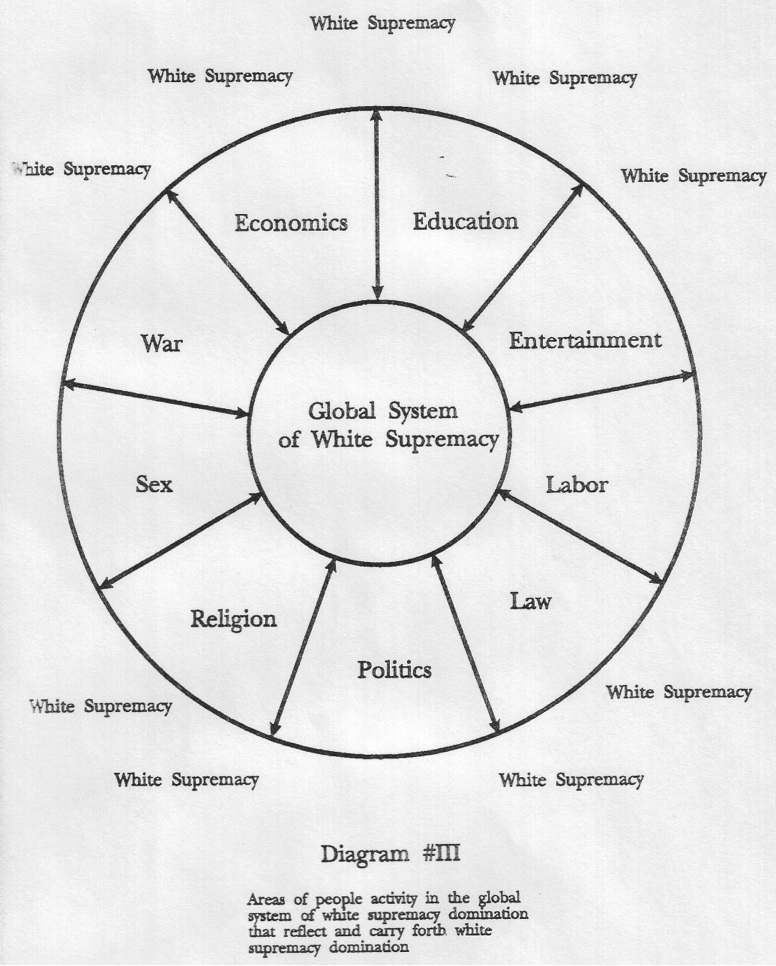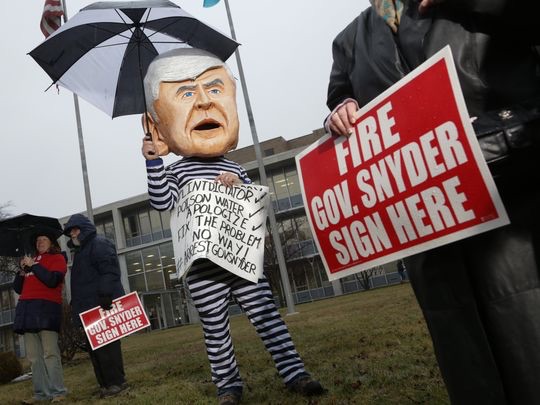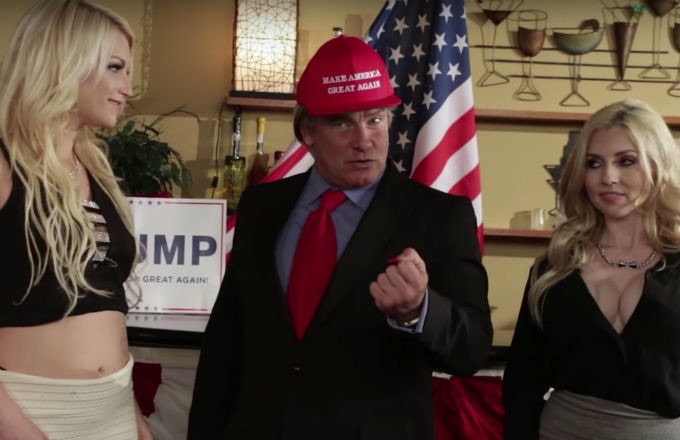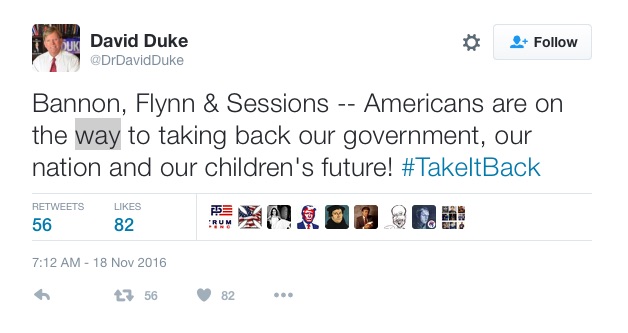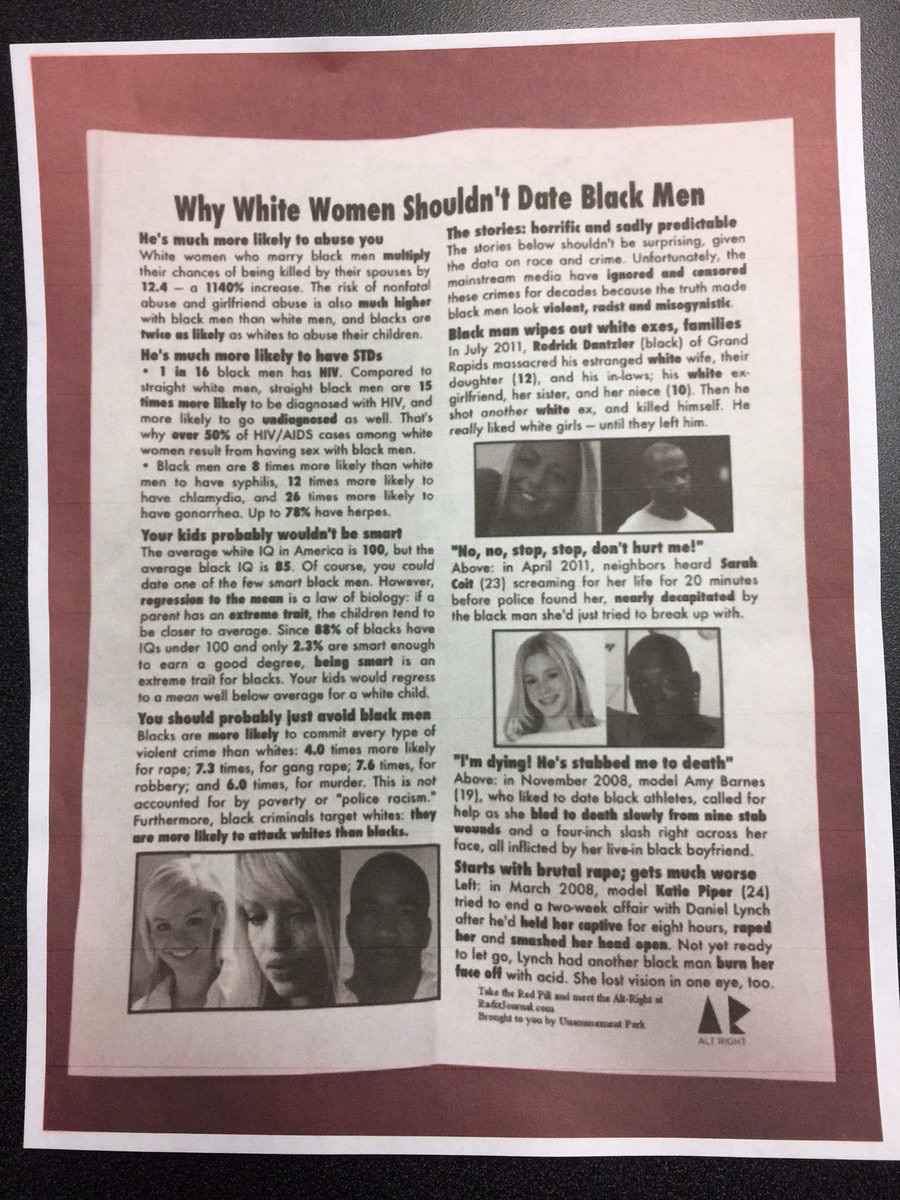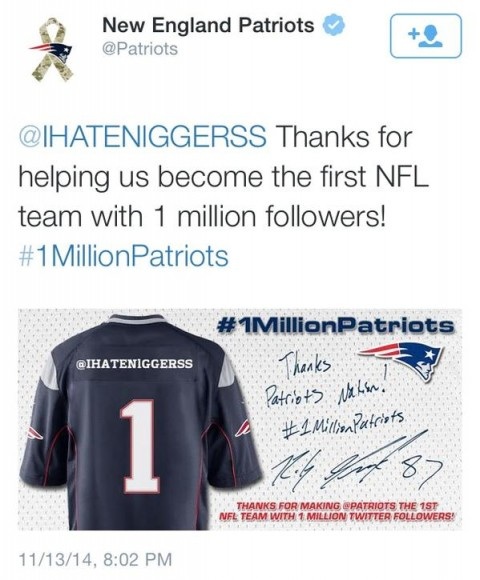'Stupid Trump Votary Not Worried About Global Warming because Jesus is coming back soon' - Chomsky
/There are other factors in Trump's success. Comparative studies show that doctrines of white supremacy have had an even more powerful grip on American culture than in South Africa, and it's no secret that the white population is declining. In a decade or two, whites are projected to be a minority of the work force, and not too much later, a minority of the population. The traditional conservative culture is also perceived as under attack by the successes of identity politics, regarded as the province of elites who have only contempt for the ''hard-working, patriotic, church-going [white] Americans with real family values'' who see their familiar country as disappearing before their eyes.
One of the difficulties in raising public concern over the very severe threats of global warming is that 40 percent of the U.S. population does not see why it is a problem, since Christ is returning in a few decades. About the same percentage believe that the world was created a few thousand years ago. If science conflicts with the Bible, so much the worse for science. It would be hard to find an analogue in other societies.
The Democratic Party abandoned any real concern for working people by the 1970s, and they have therefore been drawn to the ranks of their bitter class enemies, who at least pretend to speak their language—Reagan's folksy style of making little jokes while eating jelly beans; George W. Bush's carefully cultivated image of a regular guy you could meet in a bar who loved to cut brush on the ranch in 100-degree heat and his probably faked mispronunciations (it's unlikely that he talked like that at Yale); and now Trump, who gives voice to people with legitimate grievances—people who have lost not just jobs, but also a sense of personal self-worth—and who rails against the government that they perceive as having undermined their lives (not without reason).
One of the great achievements of the doctrinal system has been to divert anger from the corporate sector to the government that implements the programs that the corporate sector designs, such as the highly protectionist corporate/investor rights agreements that are uniformly mis-described as "free trade agreements" in the media and commentary. With all its flaws, the government is, to some extent, under popular influence and control, unlike the corporate sector. It is highly advantageous for the business world to foster hatred for pointy-headed government bureaucrats and to drive out of people's minds the subversive idea that the government might become an instrument of popular will, a government of, by and for the people.
CP: Is Trump representing a new movement in American politics, or was the outcome of this election primarily a rejection of Hillary Clinton by voters who hate the Clintons and are fed-up with "politics as usual?"
NC: It's by no means new. Both political parties have moved to the right during the neoliberal period. Today's new Democrats are pretty much what used to be called "moderate Republicans." The "political revolution" that Bernie Sanders called for, rightly, would not have greatly surprised Dwight Eisenhower. The Republicans have moved so far toward a dedication to the wealthy and the corporate sector that they cannot hope to get votes on their actual programs, and have turned to mobilizing sectors of the population that have always been there, but not as an organized coalitional political force: evangelicals, nativists, racists and the victims of the forms of globalization designed to set working people around the world in competition with one another while protecting the privileged and undermining the legal and other measures that provided working people with some protection, and with ways to influence decision-making in the closely linked public and private sectors, notably with effective labor unions.
Consequences have been evident in recent Republican primaries. Every candidate that has emerged from the base, such as [Michele] Bachmann, [Herman] Cain or [Rick] Santorum, has been so extreme that the Republican establishment had to use its ample resources to beat them down. The difference in 2016 is that the establishment failed, much to its chagrin, as we have seen.
Deservedly or not, Clinton represented the policies that were feared and hated, while Trump was seen as the symbol of "change"—change of what kind requires a careful look at his actual proposals, something largely missing in what reached the public. The campaign itself was remarkable in its avoidance of issues, and media commentary generally complied, keeping to the concept that true "objectivity" means reporting accurately what is "within the beltway," but not venturing beyond.


